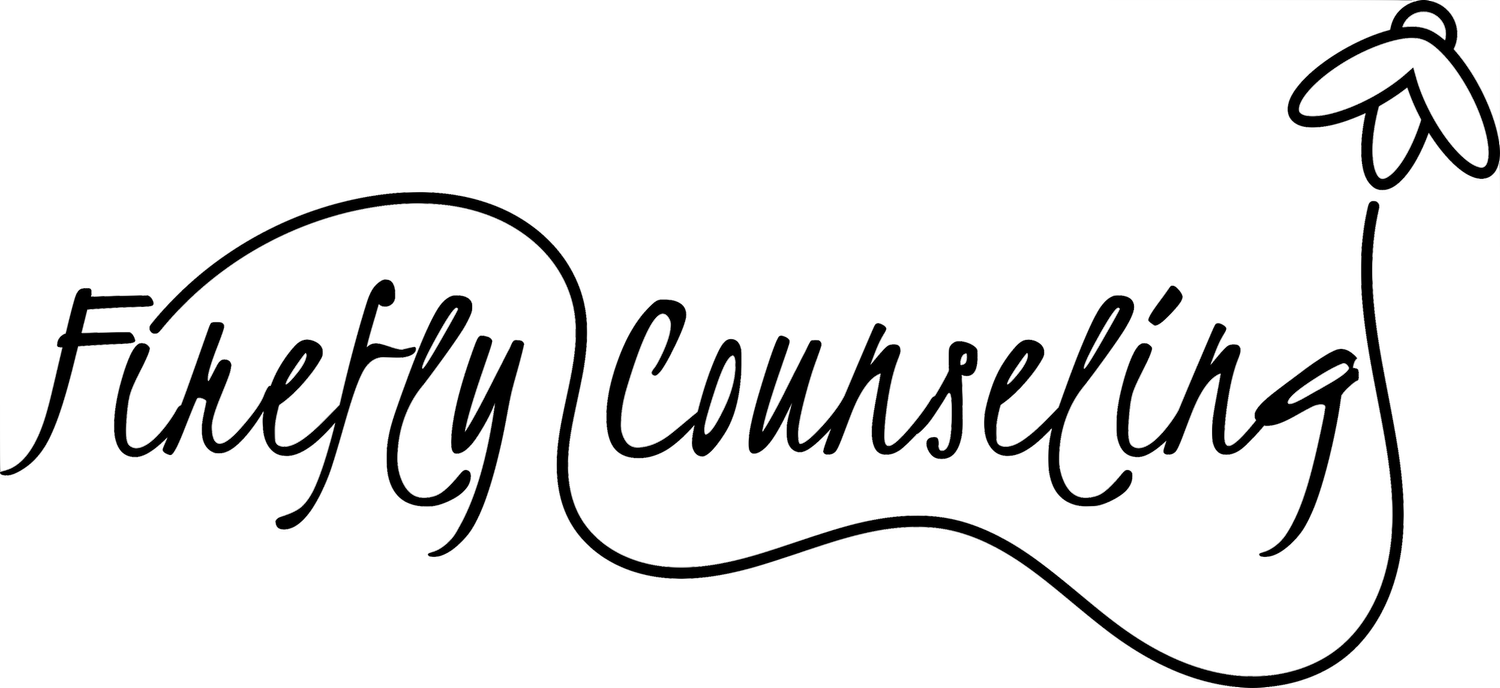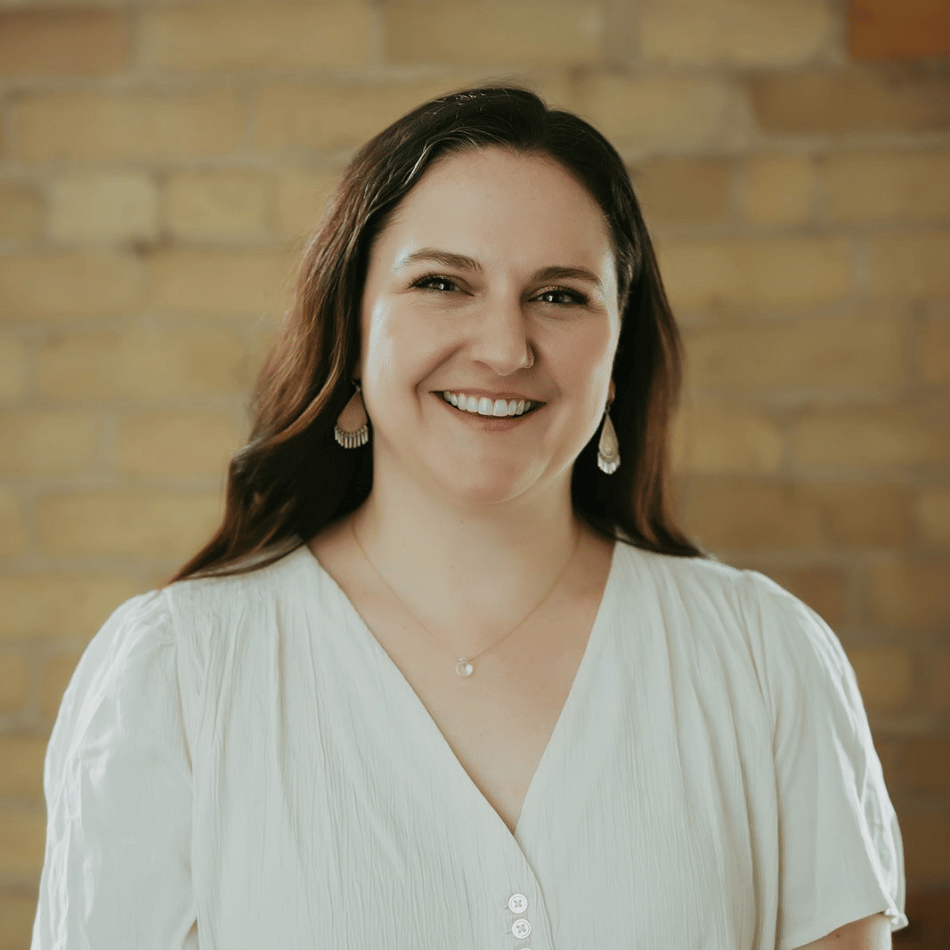
Anxiety therapist in MN & WI
Anxiety Counseling Minnesota
Takeaway: Anxiety is something that happens to you, not something that defines you. With the right support, you can confront the source of your anxiety and make sustainable changes to help you find more peace and calm. Get started with anxiety treatment in MN today.
Overthinking.
Second-guessing.
Spiraling.
To people looking in from the outside, life looks pretty great. On the inside, though? You’re replaying a conversation from last week on repeat, wondering what they thought of you and whether you should or shouldn’t have said this or that. You often overthink or overanalyze decisions to the point where you feel paralyzed in making a choice at all.
You’re constantly go-go-go at work, but don’t ask for the promotion you want or say “no” as often as you should. Saturday nights are more often spent alone than out with friends, and as much as you’d like to change that…you feel caught in this cycle you don’t know how to break.
If you’ve just experienced a big life change such as a move, a breakup, or a new job, the feelings of anxiety or stress you’ve experienced in the past might be more intense than ever.
Anxiety is not who you are. It’s what you’re feeling.
(And we can change that.)
In anxiety therapy, you can learn to take back control of your thoughts and feelings. I’m here to empower you in understanding what’s really happening when you feel trapped by this stress & overthinking and to help you, slowly but surely, begin responding to things differently.
Meet Beth Klein, MS, LMFT | Anxiety therapist in Minnesota
Hi, I'm Beth. I'm a feminist therapist helping women like you connect to their inner power. So many women struggle to put their own needs first and get what they really want out of life. Thankfully, it is possible to live differently. I've seen it firsthand with the women I've helped in my years as an anxiety therapist.
I'm committed to helping women make the changes they need to live happier, healthier, more fulfilling lives. My therapy services are geared toward passionate, driven women who are ready to put in the work. I view us as partners in this process, and we'll work together to help you reconnect with your values and take tangible steps toward your goals.
Therapy with me is highly interactive and engaging. While I'm happy to be a sounding board when you need support, I'll also give feedback, help you challenge unhelpful thinking patterns, and share new perspectives to help you get unstuck.
My approach to anxiety treatment in MN
While many of the women I work with share common struggles, I recognize each person as a unique individual. We'll tailor your treatment plan to your unique situation and goals using some or all of the following therapy methods:
Cognitive behavioral therapy (CBT)
Exposure and response prevention therapy (RFT)
Acceptance and commitment therapy (ACT)
Solution-focused therapy (SFT)
Motivational interviewing
I also take a social justice-informed approach to anxiety treatment. I recognize that larger forces within our workplaces, culture, and society can have a profound effect on people. Sexism, racism, ableism, and more can harm women in both subtle and direct ways, and it's important that we acknowledge them.
Things we can work on together:
Getting back in touch with how you want to feel
Understanding the underlying root causes of your anxiety
Improving self-confidence, assertiveness, and boundary setting
Breaking cycles of chronic stress & overthinking
Increase self-compassion & boost low self-esteem
Learning to notice, identify, and accept anxious thoughts & feelings
Practicing coping skills to combat anxiety
How It Works
In therapy, we’ll work on helping you separate yourself—the strong, resilient woman you are—from your feelings—the stress, anxiety, or overwhelm that you experience.
This alone is incredibly empowering as you can start to notice your feelings without letting them control you. Then, you can progressively recondition your brain to respond differently.
One of the reasons anxiety can feel so difficult is because it has a way of influencing every area of your life: your relationships, your work, the way you feel about yourself, and more. This is somewhere you can freely share about all of these things; nothing is off-limits here. I’m here to support you in seeing things differently and making real, tangible changes to your thoughts, behaviors, and decisions moving forward.
step into
Your decisive, confident, & empowered self.
FAQS about anxiety counseling in minnesota
-
We all feel stressed or worried sometimes. This becomes “anxiety” when it starts to feel unmanageable or pervasive, impacting your ability to go about day-to-day life. Sometimes anxiety is triggered by a life transition such as a new stage of life (i.e. parenthood), the loss of a relationship, or a career change. Other times there may not be a specific trigger, but you experience anxiety symptoms like:
• Panic attacks or episodes
• Fatigue
• Racing heart
• Trouble sleeping
• Irritability
• Procrastination or lack of motivation
• Difficulty concentrating
• Physical symptoms such as headaches, muscle aches, or digestive problems
These can all be symptoms of anxiety disorders like generalized anxiety disorder, panic disorder, or social anxiety disorder. However, keep in mind that you don't necessarily need a diagnosed anxiety disorder to benefit from therapy.
-
There are many different ways of treating anxiety, so it's important for each person to find what works for them. I use a combination of methods, including CBT, ACT, and exposure therapy. Other anxiety therapists might use different techniques, like dialectical behavior therapy (DBT), art therapy, or eye movement desensitization and reprocessing (EMDR) therapy to treat anxiety.
Many people benefit from therapy alone. However, some people can also benefit from medication management to supplement their work in therapy. This may be the case if your anxiety symptoms are so severe that they prevent you from progressing in therapy, or if you have co-occurring mental health issues like bipolar disorder or ADHD.
-
In your search for a therapist, you might come across different credentials, including:
• Licensed marriage and family therapist
• Licensed clinical social worker
• Licensed professional counselor
• Substance abuse clinician
While each therapist's licensure, experience, and education are slightly different, all are highly qualified professionals with significant training and thousands of hours of supervised practice.
Beyond looking at credentials alone, it's important to find a therapist who you truly connect with. You'll be discussing intimate, personal subjects, so you'll want to feel comfortable with whoever you work with.
-
This is unique from client to client. Some people only need a few months of support, while others stay in therapy for extended periods as they continue working through challenges or pursuing areas for growth.
My goal is not to have you stay in therapy forever, but instead to help you gain the insight and learn the tools you need to confidently move forward in your life. This is something we will discuss as we begin working together and then regularly revisit as we progress toward the goals you have for therapy.
-
I want you to receive the best possible care, and that starts with working with the right therapist. That’s why I offer a free, confidential consultation to help you decide if I’m a good fit for you and your goals. Click this link to schedule yours.
Not sure if I’m the right fit? Check out these 5 highly recommended anxiety therapists in Minnesota.
Put your mental health first with anxiety counseling in Minnesota.
If you're ready to find more peace and ease in your daily life, I'm here to help. My therapy room is a safe environment for you to reignite your spark and take control of your future. Reach out today to schedule your free consultation. I look forward to hearing from you!







